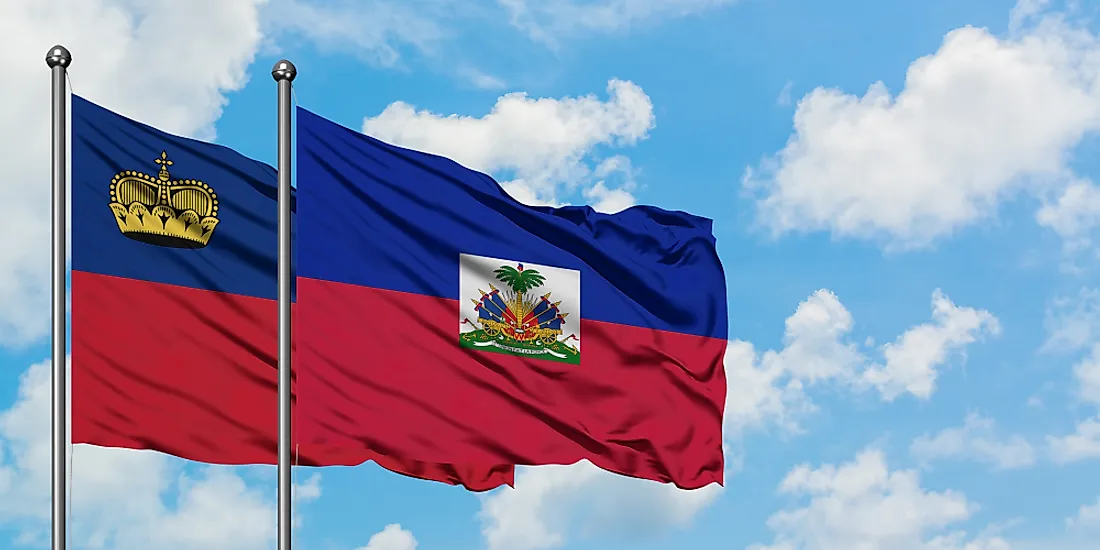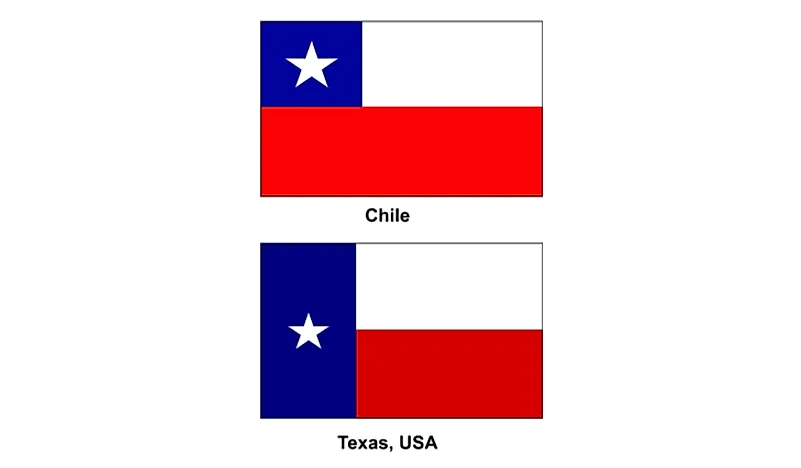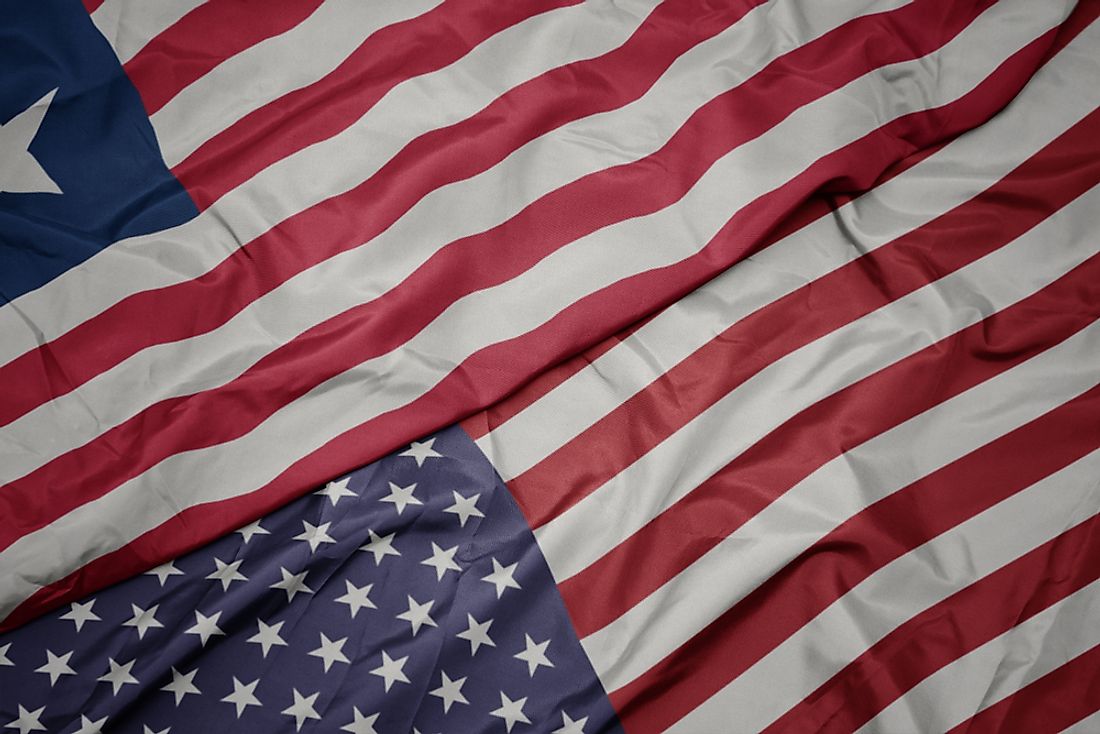Although there are many languages spoken in Canada, the official languages of the Country are English and French. Both languages were made official at the federal level in 1969 with the Official Languages Act. At the provincial level, New Brunswick is the only province who officially maintains both French and English as official languages, and Quebec is the only province whose official language is French. In the provinces of Alberta, Manitobia, and Saskatchewan, English is the official language. In the provinces of Ontario, British Columbia, Nova Scotia, Newfoundland and Labrador, and Prince Edward Island, English is the "de facto" official language. In the Northwest Territories, the official languages are Chipewyan, Cree, English, French, Gwich'in, Inuinnaqtun, Inuktitut, Inuvialuktun, North Slavey, South Slavey, and Ticho. In Nunavut, the official languages are Inuit Languages (including Inuktitut and Inuinnaqtun), as well as French and English. In the Yukon Territory the official languages are English and French.
85.6% of Canadians have a working knowledge of English, while 30.1% have a working knowledge of French. 65% of Canadians use English at home, although 58% of Canadians declare English as their mother tongue. Following English and French, the most commonly spoken languages in Canada are Mandarin Chinese, Cantonese, Punjabi, Spanish, Tagalog, Arabic, Germany, Italian, Potuguese, Persian, and Urdu. Hundreds of other languages are also spoken by minority populations within Canada's population of around 33 million.
Canadian English, although similar to the English spoken in other countries such as the United States and the United Kingdom, has some phrases that are thought to be uniquely Canadian. Such phrases include terms for currency such as "loonie" and "twoonie", colloquial phrases such as "kerfuffle", and words for fashionwear like "runners" and "bunny hug". The French spoken in Quebec is a variety of French that is unique to the province of Quebec. Le français québécois is distinct from other varities of French, including the French spoken in France.
Canada is home to a variety of Indigenous languages that are not spoken elsewhere. There are 11 groups of Indigenous languages in Canada, although each of these groups represents more than 65 languages each. Unfortunately, many of these languages are endangered due to a low number of speakers and a prevalence of speakers of other languages. The only Indigenous languages in Canada that are not considered to be endangered are Cree, Ojibway, and Inuktitut. Among the minority languages spoken in Canada, several dialects of sign language are spoken. There are at least five variations of sign language currently being used in Canada.
This page was last modified on May 1st, 2018
More on Graphicmaps

Published on 2019-11-06
What is a Trade Embargo?

Published on 2019-11-04
Which Two Countries Used to Have the Same Flag?

Published on 2019-09-16
What Is the Only Two-Sided State Flag?

Published on 2019-09-16
Which Country Flag Looks Like the Texas Flag?

Published on 2019-08-29
Flags That Resemble the US Flag

Published on 2019-08-20
